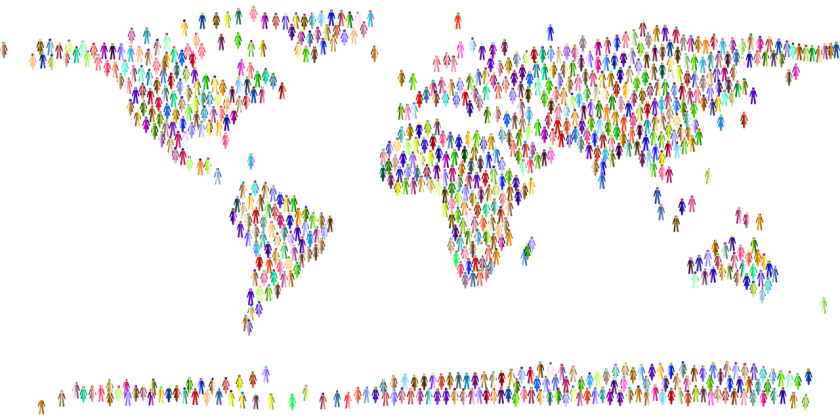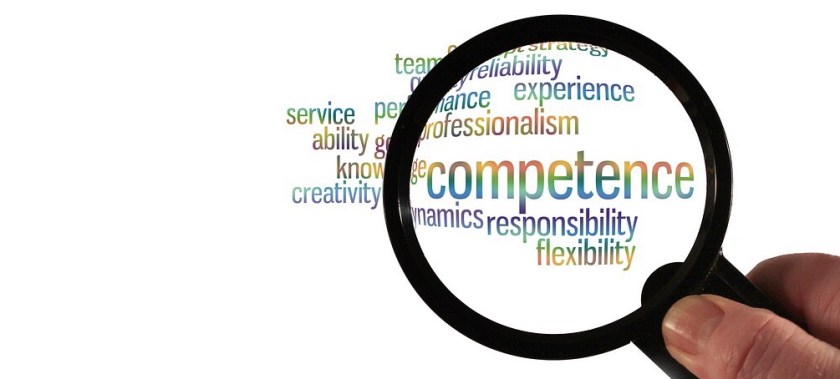
Happiness is what all people yearn for. Yet why is it that it seems very elusive? If it is so important, why is it not being taught in schools? We spend twelve or more years learning mathematics, why not a single semester on how to become a happier person? Are there time-tested ingredients that will make our lives happier?
Fortunately, there are guidelines which have been known since time immemorial by wise sages. In addition, modern psychology has found out a number of ingredients that accompany a happy life.
First, what is happiness?
It is not pleasure or excitement, for these are fleeting things that are due to a surge of sensory stimulation.
It is not also being wealthy, because rich people have committed suicide. One German industrialist, one of the richest persons in the world, committed suicide due to losses from some unwise investments but which still left him with about US$10 billion in assets. A 70-year study of Americans has shown that with the soaring of financial income of Americans, the level of happiness has not increased.
Neither is it fame. Marilyn Monroe killed herself at the height of her fame. She was just 36 years old. Other famous people who ended their lives are Robin Williams, Ernest Hemingway, Korean President Roh Moo-Hyun, and Vincent Van Gogh.
One of the insights of modern psychology is that happiness is not an event or episode. It is state of well-being that lingers in spite of the ups and downs of life. In other words, a person continues to feel good about life, that is, generally happy, even when there are adversities that happen. If we look at the people around us, and reflect on our own lives and experiences, this is our common understanding of happiness. No person is free from adversities, setbacks, accidents, illness or losses. And yet some people are able to maintain a positive, optimistic and cheerful attitude, while others are grouchy and dissatisfied much of the time even when things seem to be going well.
Thus, we can define happiness in this way: “It is a sustained state of well-being, contentment and meaningfulness, accompanied by positive feelings.”
With the above introduction, let us look into six important ingredients in making our lives a happier one. All of them are within our control.
1. Remove Causes of Unhappiness. There are psychological factors that make a person almost incapable of long-term happiness. These are fear (including worry and anxiety), depressiveness, resentment, anger, guilt, hurt and even aversion.
A person with fear, for example, can hardly be happy. The state of fear is one of constriction and defensiveness that is definitely unpleasant, whereas happiness is one of naturalness, spontaneity, expansiveness and positiveness. Its roots are the thousand and one unpleasant and fearful experiences since childhood that have not been resolved and released. They impinge upon the present moment in a semi-conscious way that prevents us from being our natural self and being cheerful. These unresolved unpleasant experiences become subconscious “push buttons” that are easily triggered by memory or association. Roger may have suffered from the cruelty and bullying on his parents, and today he has fear of authority that affects his mood while at work or in social situations.
So long as these push buttons are lodged in the subconscious, it is very difficult for a person to become happy, natural, spontaneous or expansive. It is like a constant inner dark cloud that prevents the mind and feelings to be cheerful and sunny.
These push buttons can be removed through what is called self-awareness processing and which allows the bottled-up energy to be safely released permanently.
2. Develop Habits of Positiveness. Positiveness refers to psychological states such as cheerfulness, enthusiasm, optimism, appreciation or gratitude.
Positiveness is a habit. Some people are genetically endowed with such a predisposition, others are not. For those who are not, they can develop positive habits and overcome one’s innate moroseness.
When a person consciously tries to be positive, something changes in the way one looks at life and the world. The world has not changed, but one’s state of happiness has. Try regularly expressing appreciation towards other people, feeling grateful for what we have and for what others have given us, smiling frequently, being optimistic about almost anything — then the habit of positiveness sets in. And life changes.
3. Nurture Positive Relationships. To most people, the greatest source of unhappiness is people. Jean Paul Sartre wrote: “I know what hell is. Hell is other people.”
The good news is that people are also the sources of their greatest happiness: friendship, a loving marital relationship, children, a happy work environment, and helping other people.
Positive relationship is something that is built, nurtured and watered on a regular basis through kindness, cheerfulness, humor and helpfulness. Other people may be nasty, critical, pessimistic or aloof. But that really is their problem, not ours. We can still feel friendly and positive towards them.
4. Help Others Selflessly. This is an inestimable ingredient of happiness — helping others without thinking of anything in return. It need not be in terms of money but anything that uplifts other people and make them feel happier.
Dr. Albert Schweitzer, the Nobel Peace Prize winner, wrote: “I don’t know what your destiny will be, but one thing I know: the only ones among you who will be really happy are those who have sought and found how to serve.”
Dr. Martin Seligman once gave two weekend assignments to his psychology students. First is to engage in something that they think they will enjoy — watching a movie, hanging out with friends, going to the beach, etc. The second is to do something to help someone — even complete strangers. The following week, the students were asked which of the two activities gave them greater happiness. The students were unanimous: helping others gave a greater feeling of happiness.
5. Be Ethical. When we deliberately harm others — cheating, hurting, or depriving them of something — there are two consequences. Internally, we don’t feel good. We know that we have done something wrong, and we cannot have true inward peace and happiness. Externally, we have just set up a chain of karma that will return to us in a painful way — bringing more unhappiness. It can be immediate — like being punched back; or it may take years before we receive what we deserve, such as negative public opinion or going to jail; or it may come in another lifetime — being born to cruel parents or being born with severe disabilities.
6. Have a Wholesome Philosophy of Life. This covers insights that one learns from experience or from wiser people. Below are examples:
• Do not compare yourself with others, but attain excellence by doing your best. Comparison is a major source of dissatisfaction and unhappiness — trying to keep up with our neighbors or colleagues. There will always be people whose life situations are better or worse than us. Neither be discontented nor proud in connection with what other people have or don’t have. We set our own inner benchmarks and pursue what is meaningful to us, not what is meaningful to other people.
• Do not double your loss. Suppose I lost a leg due to an accident. I may feel bitter and constantly blame people or circumstances for the tragedy, resulting in long term unhappiness. What I don’t realize is that I have just doubled my loss — I have lost a leg, and I have lost my happiness. Why don’t I just stop at one loss, and retain my capacity for being cheerful and happy?
• See the larger picture of life. Life is not just about jobs or income or social status. It is about growth of the soul towards perfection from life to life. This is a basic insight that has been known in the spiritual traditions of both east and west, whether Christian, Buddhist, Hindu, Islamic (Sufi) and other mystical movements. The psychologist Abraham Maslow describes such a growth direction as self-actualization and self-transcendence.
• We create our destiny. Many people are passive victims of circumstances. Wiser people are aware that it is within our power to (a) change our attitudes towards our circumstances, and (b) we can alter our future circumstances by sowing the right seeds of karma at every moment.












